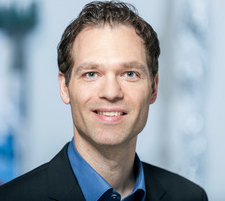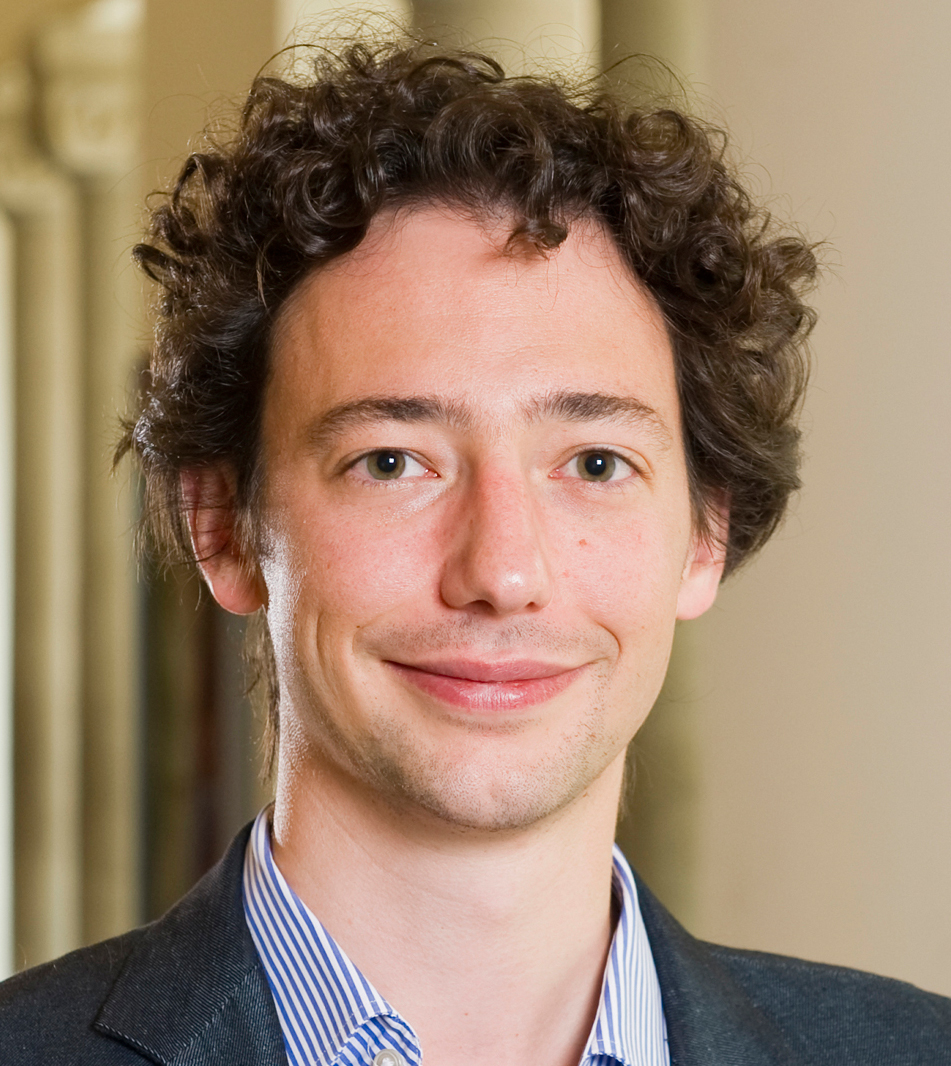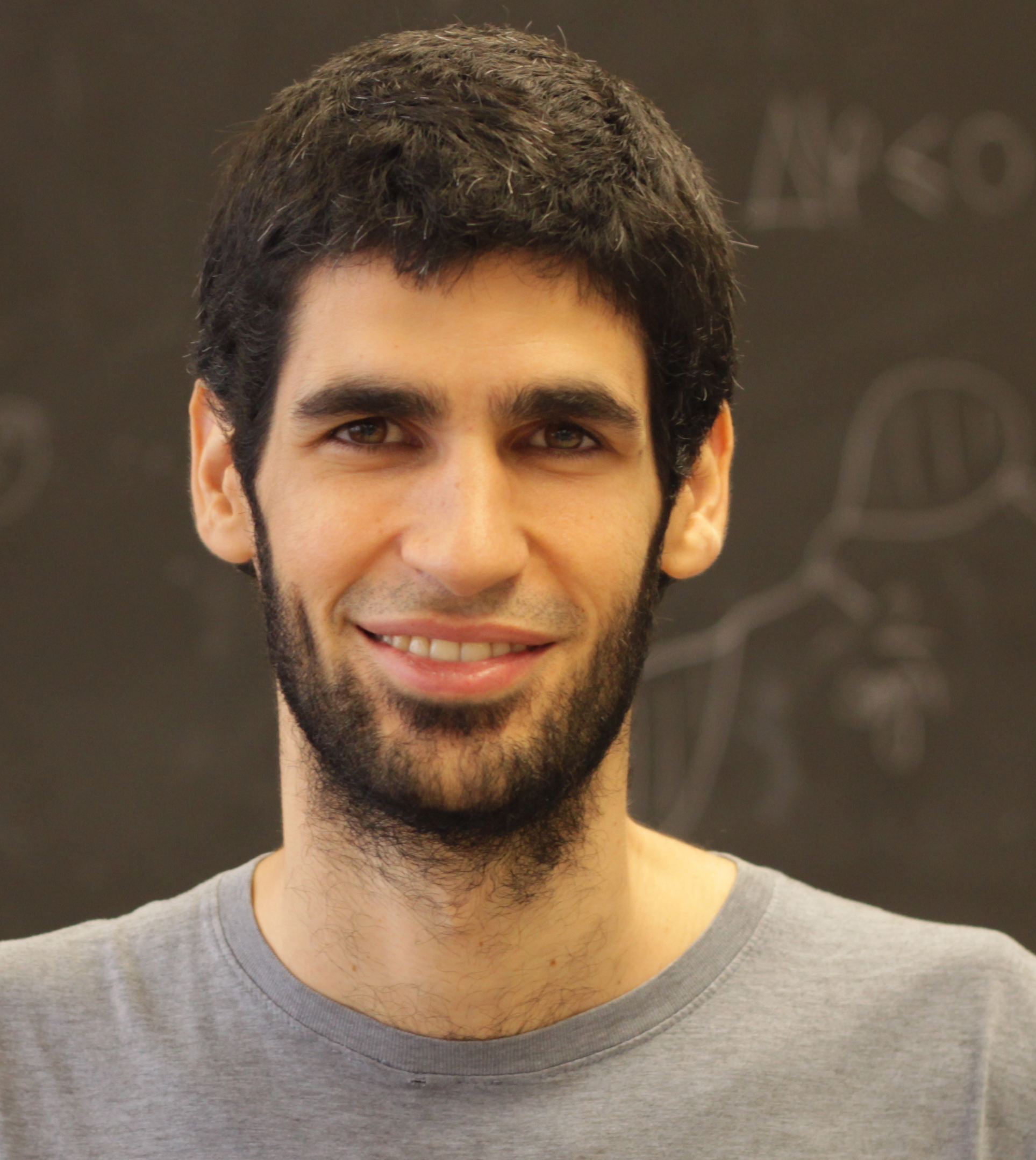Four Million Euros Awarded to Three UZH Researchers

- One researcher at UZH has received a grant for his research project at the intersection of market design and machine learning (Image: Shutterstock).
The European Research Council awards its grants to junior scientists who have at least two years’ research experience following their PhD and who can present interesting, promising projects. As in previous years, researchers from the University of Zurich – working in the field of informatics, economics and mathematics – are among the recipients of ERC Starting Grants.

Combining machine learning with market design
Sven Seuken, Associate Professor at the Department of Informatics, has received a grant for his research project at the intersection of market design and machine learning. Why do some marketplaces such as eBay and AirBnB work well, while others don’t? And which algorithms ensure economic efficiency, fairness and computational feasibility? Sven Seuken’s group will develop novel market mechanisms that are more efficient, easier to use and more resistant to manipulation. Insights gained from this research will be of interest for researchers working in the fields of artificial intelligence, game theory and economics.

Economic growth and income inequality
David Hémous, Assistant Professor of Business and Economics, researches the interplay between industrial automation and income. Rapid technological progress in the field of IT, numerical control and robotics have reduced labor demand for production workers in developed economies. At the same time, investment and innovation in automation technologies increase with the level of wages. The goal of David Hémous’ project is to provide a quantitative account of the two-way relationship between automation and income distribution. Understanding this complex relationship is essential to inform policymakers of the long-term effects on wages and economic growth resulting from measures such as an increase in the minimum wage or a robot tax.

Understanding singularities in partial differential equations
The project of Xavier Ros-Oton, member of the teaching staff at the Institute of Mathematics, aims to better understand the mathematical foundations of partial differential equations (PDEs). To achieve this, he will develop new techniques aimed at improving our understanding of singularities – one of the major unresolved questions in the field of PDEs. PDEs are used in almost all areas of science and engineering. Applications include the description of heat and sound, the evolution of biological populations, pricing models in finance as well as understanding the classical models of relativity and quantum mechanics.